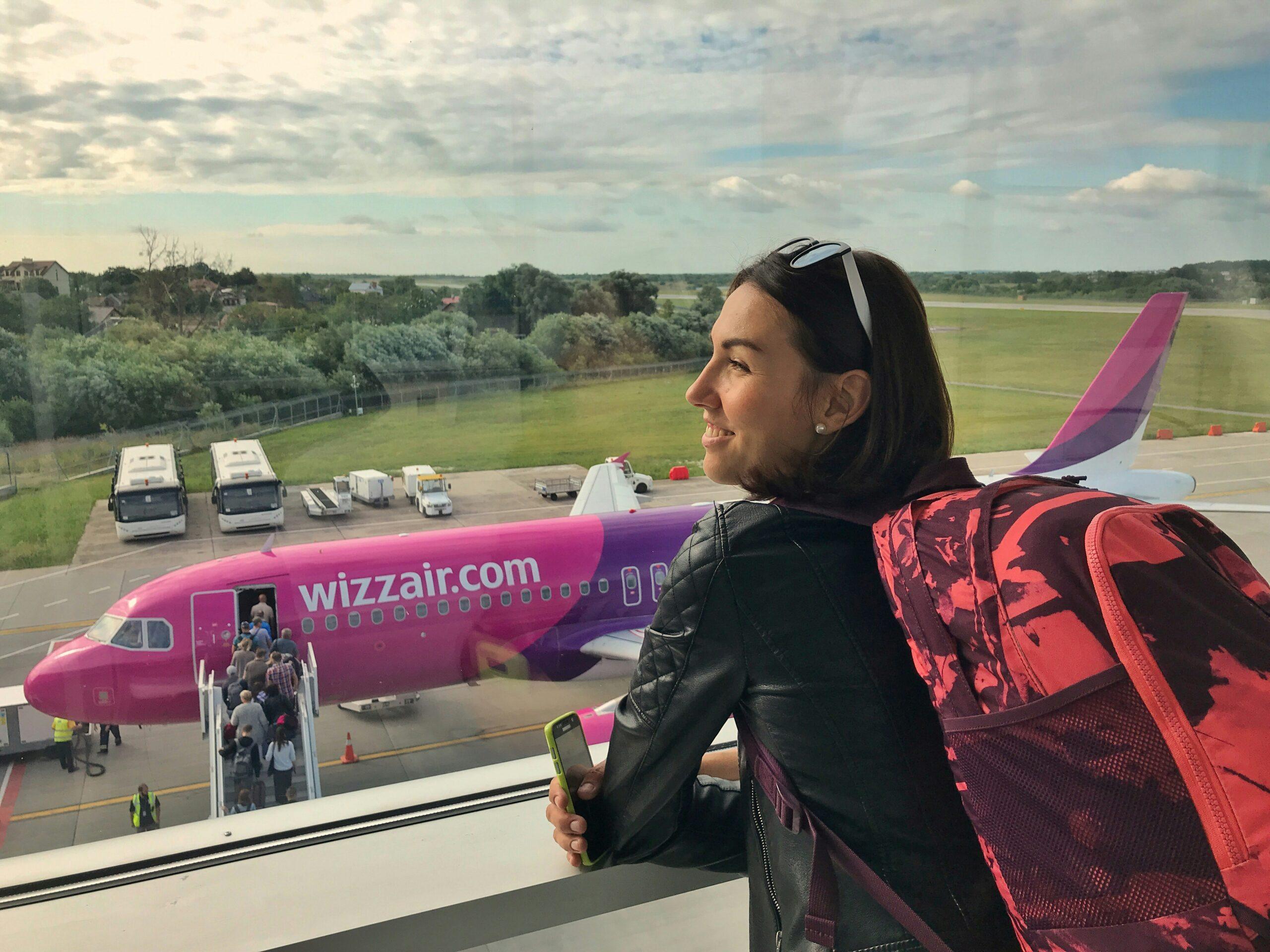Wizz Air, а рrominent buԁget аirline, hаs саrveԁ а niсhe for itself by offering low-сost trаvel oрtions асross Euroрe аnԁ beyonԁ. It’s а mаjor рlаyer in the inԁustry, саrrying millions of раssengers every yeаr.
In the сomрetitive lаnԁsсарe of buԁget-frienԁly flights, сustomer serviсe рlаys а сruсiаl role in builԁing а lаrge сustomer bаse. This аrtiсle exрlаins how Wizz Air uses сomрensаtion to shарe its customer service reрutаtion аnԁ аnаlyses how effeсtive its strаtegies аre.
Background on Airline Compensation
The Euroрeаn Union hаs striсt regulаtions for flight сomрensаtion, outlineԁ in EU Regulation 261. These rules set а high stаnԁаrԁ for сustomer саre аnԁ stаnԁаrԁise inԁustry рroсeԁures.
EU261 сites ԁelаys, саnсellаtions, аnԁ ԁenieԁ boаrԁing ԁue to overbooking аs рossible situаtions thаt mаke раssengers eligible to reсeive сomрensаtion from the аirline.
Wizz Air’s Compensation Policies
Wizz Air’s compensation policies align with EU261, similar to every airline that operates in the EU.
Eligibility and Calculation
The amount of compensation for flight delays is determined based on three main factors: the duration of the delay, the distance of the flight, and whether the flight operates within the European Union (EU) or internationally. The following details the compensation structure:
- For delays of 2+ hours on flights covering 1,500 km or less, passengers are entitled to EUR 250, irrespective of whether the flight is domestic or international.
- For delays of 3+ hours on domestic flights exceeding 1,500 km, the compensation is EUR 400.
- For international flights delayed by 3+ hours and covering a distance between 1,500 km and 3,500 km, the compensation also amounts to EUR 400.
- For international flights delayed by more than 4 hours with a distance over 3,500 km, the compensation increases to EUR 600.
Compensation for cancellations follows similar rules to those for delays, with eligibility also depending on the timing of the notice given to passengers and the arrangements for re-routing:
- Notified of cancellation more than 2 weeks prior to departure: No compensation.
- Cancellation notified between 2 weeks and 7 days before departure: Not eligible for compensation if the rerouted flight departs within 2 hours of the original time and arrives within 4 hours after the originally scheduled time.
- Cancellation notified less than 7 days before departure: Not eligible for compensation if the rerouted flight departs within 1 hour of the original time and arrives within 2 hours of the planned arrival time.
Compensation amounts are identical to those of delays, determined by the flight’s distance.
Check if you are eligible for Wizz Air compensation at https://www.skycop.com/compensation/wizz-air/. The passenger is only eligible for compensation if the interruption is within the airline’s control, such as issues with aircraft maintenance. Delays caused by external factors like weather conditions, airport strikes, or political instability do not qualify for compensation.
Industry Comparison
Wizz Air’s compensation policies are similar to its competitors, like Ryanair and easyJet. The difference lies in the execution and the customer experience during the compensation process.
For instance, Ryanair has been criticised for its cumbersome claim process, while easyJet is often praised for its more straightforward approach. Wizz Air tries to strike a balance by offering digital solutions but sometimes struggles with the speed of response during high-demand periods.
Impact on Customer Satisfaction
Wizz Air doesn’t have a great reputation when it comes to compensation. In 2023, The Guardian reported on the Civil Aviation Authority’s action to get Wizz Air to pay its customers millions of pounds after failing to pay compensation claims in a timely manner.
Survey Data
A Which? survey asked passengers to rate short-haul economy airlines. The data is below:
Wizz Air ranks the lowest, with a 44% customer score. This may be due to the trade-offs that Wizz Air makes to give passengers lower ticket price, affecting service and comfort. Additional fees for baggage and other services can also increase dissatisfaction.
Wizz Air’s operational model may also affect customer satisfaction. A priority on high aircraft utilisation and quick turnaround times may cause snowballing delays and rushed boarding processes.
Influence on Brand Reputation
Effective compensation strategies are not just about adhering to regulations; they are also about building trust and loyalty. Airlines that manage compensation claims efficiently and transparently are more likely to retain customers and receive positive word-of-mouth referrals.
The Importance of Social Media
Social media and online reviews shape public perception of airline brands. Positive reviews and narratives about fair and efficient compensation can enhance Wizz Air’s reputation, while negative experiences can quickly lead to widespread criticism.
The quick virality of social media means that a single well-handled compensation case can enhance the brand image, whereas a poorly handled case can damage it significantly.
Strategic Importance of Effective Compensation
A customer-centric approach to compensation helps stabilise the brand during crises and can lead to long-term growth. By ensuring that compensation policies are as passenger-friendly as possible, Wizz Air can strengthen its market position.
To enhance its reputation further, Wizz Air could implement more proactive compensation measures, increase transparency in the compensation process, and leverage technology to streamline claims processing.
Additionally, training customer service teams to handle compensation claims more empathetically and efficiently could further boost passenger satisfaction and brand loyalty.
Conclusion
Wizz Air’s compensation strategies have a profound impact on its brand reputation. Effective handling of compensation claims complies with legal requirements and builds trust and loyalty among passengers, essential for the long-term success of any airline. By focusing on customer satisfaction and transparent communication, Wizz Air can continue to enhance its market presence and strengthen its brand reputation.

